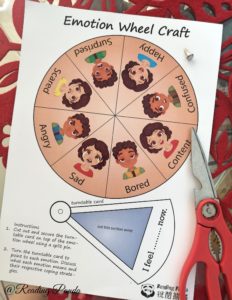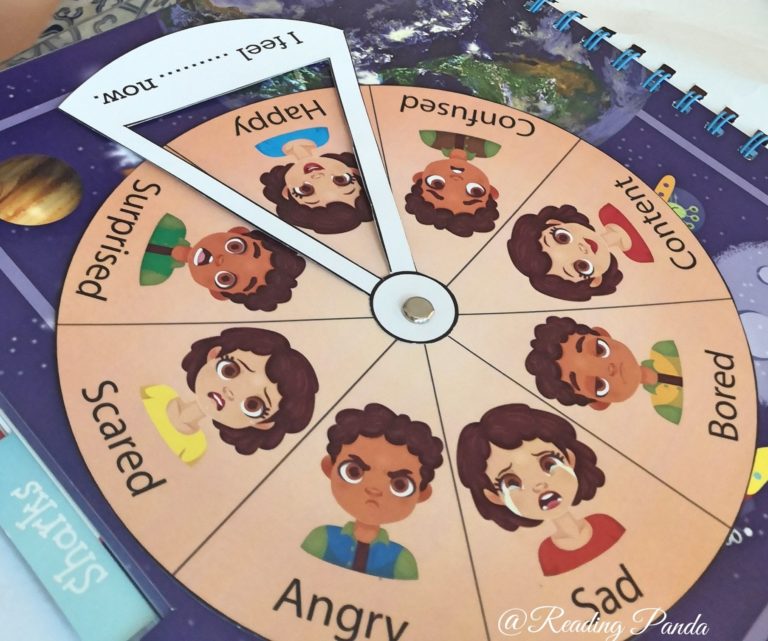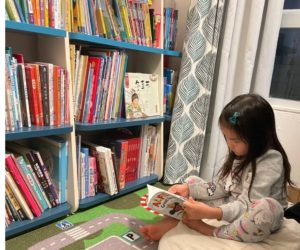感谢您的查阅!我们暂时没有把这篇文章翻译成中文,如有所需请与我们联络我们会乐意翻译。谢谢您的支持!
____________________
During this MCO period where we all get to spend a lot more time with the young ones, have you noticed an increase in your child’s emotional concerns like feeling unhappy, bored or being more clingy? In fact, a survey led by experts at the University of Oxford revealed that there was an upward rise of behavioural difficulties in children (of age 4 to 10 years old) such as temper tantrums, arguments and children not doing what they are asked. There were also greater levels of fidgety behaviour and difficulties concentrating over the lock down period.
We believe that this may be partly due to the fact that the channels that child usually uses to express themselves or people they would communicate with (e.g. nanny or teachers or friends at school) are restricted during the MCO period. Many children vent out their frustration by running about or playing while at school and this could not happen when confined at home.
Instead of talking about it, which is something that adults do best at, children can play games or even do crafts related to emotions. This way, your child is able to relate to the feeling they are experiencing better, be able to give the feeling a name and learn how to practice responding to those emotions.
Can your children name their emotions?
Our emotions craft this month will give you and your young children an opportunity to learn about basic feeling words such as happy, scared, angry, sad while older child can benefit from learning more complex feeling words such as confused and content. Encourage your child to push the craft turntable to whichever feeling he/ she is experiencing now, and discuss the feeling together.
Talk about ways to overcome negative feelings. Don’t forget to acknowledge good communications of feelings, by saying things like, “You’ve done such a good job when you used your words to tell your brother that you were angry at him for grabbing your toy”.
This printable will also be shared for free with all our blog post readers. Simply click on the button below to download a copy right away!

Reading together is also a great way to help children talk about emotions and teach empathy too! Young ones can be very observant towards facial expressions on the various characters in books. If they ever ask, “Why is she looking so sad?” Seize this opportunity, pause to ask, “Yes, why do you think she is feeling sad?” Discuss the reasons why and how she can deal with them. Over time, with practice, your child’s ability to label and deal with his/ her own emotions will improve.
While some curses the MCO for ‘curtailing’ their freedom and causing many inconveniences, the same MCO had turned out to be a blessing in disguise for many, providing the much-needed break from our usual busy lifestyle to spend time with our children. We hope the latter is true for us and we’ll walk away from this precious lifetime experience with a stronger emotional bond formed with our own family, especially our children.





